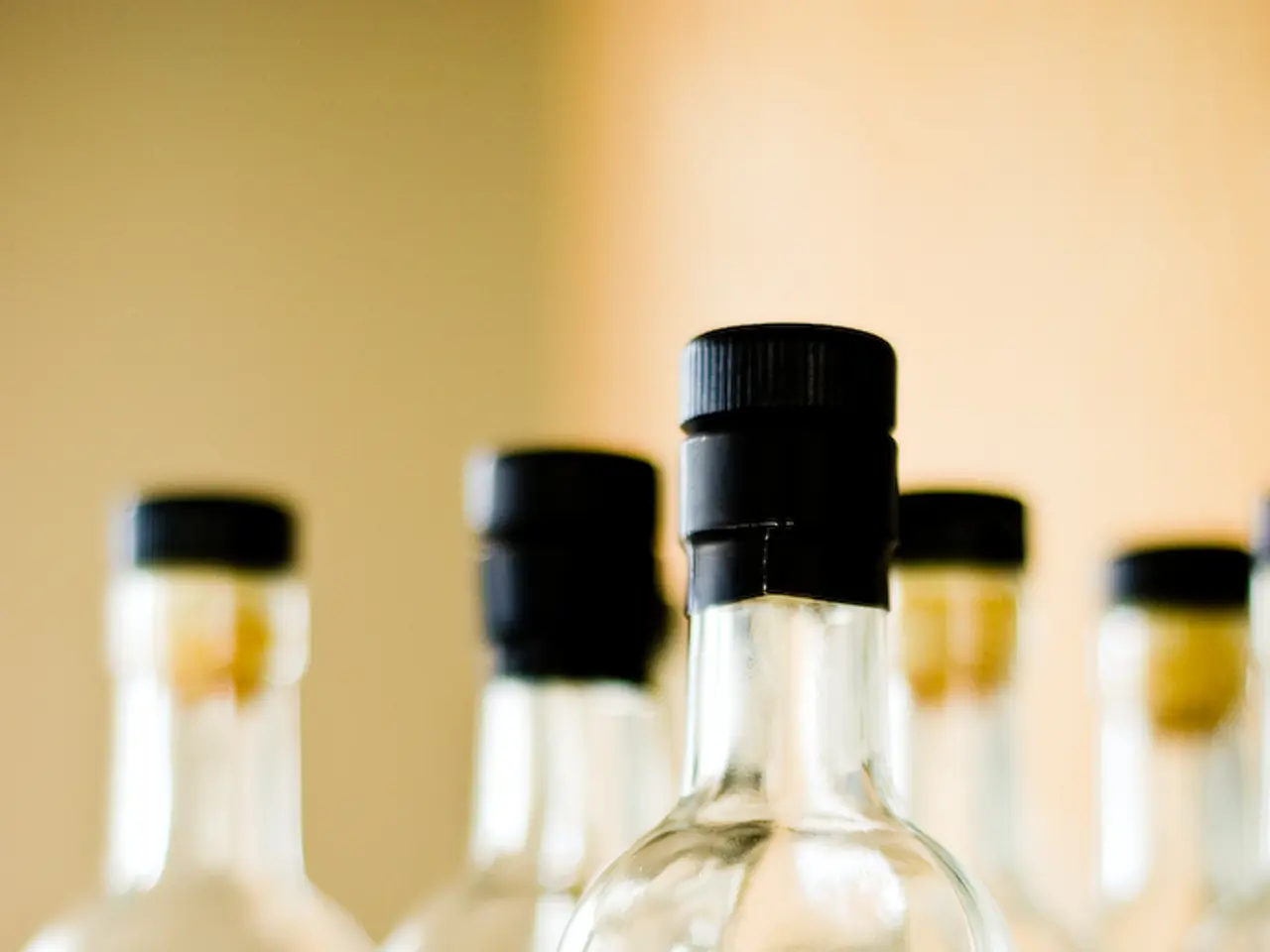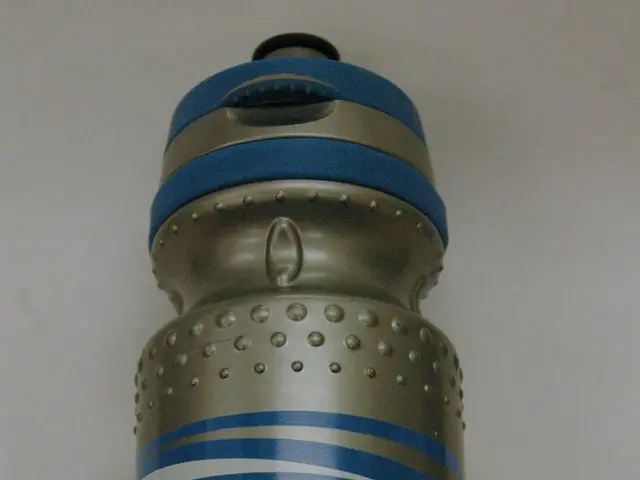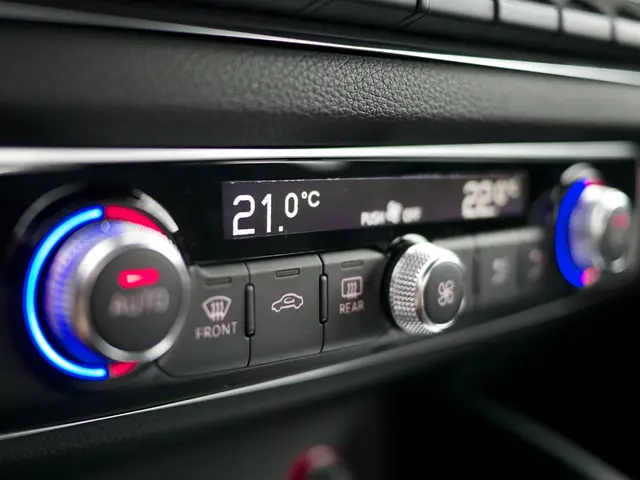Alcohol and Hormones - A Delicate Equilibrium Prone to Disruption
In a world where social gatherings often revolve around alcohol, it's essential to understand its impact on our health, particularly for those living with diabetes. Alcohol consumption can pose a significant risk to individuals with diabetes, as it interferes directly with the endocrine system's work and disrupts the body's hormonal balance. For a diabetic, there is no safe amount of alcohol consumption. In fact, alcohol can cause unpredictable drops in blood sugar levels, potentially leading to a severe state of hypoglycemia. Tragic cases have occurred where diabetics didn't wake up in the morning due to a sudden drop in blood sugar during sleep. The risk of a blood sugar drop is higher at night, especially after evening drinking and during sleep. This is because alcohol slows down the liver's production of glucose, the body's primary source of energy, and can lead to hypoglycemia. For non-diabetics, the frequency and amount of alcohol consumption can impact their health as well. Alcohol consumption can lead to weight gain and impair insulin sensitivity, potentially increasing the risk of developing type 2 diabetes. In men who abuse alcohol, testosterone levels drop sharply, causing fertility problems. In women, alcohol consumption disrupts menstrual cycles, leading to hormonal infertility. Alcohol affects sugar, fat metabolism, and the thyroid gland's work, as well as sex hormones. It's a corrosive substance that damages the body's hormonal system gradually and insidiously, leading to serious diseases such as obesity, type 2 diabetes, and osteoporosis. It's important to note that alcohol, while it may seem to lower blood sugar initially, is actually a trap for diabetics. It increases appetite, which can lead to uncontrolled blood sugar levels. Moreover, alcohol consumption can worsen diabetes management by affecting blood sugar levels and increasing the risk of complications such as fatty liver disease, heart disease, and stroke, which diabetics are already at higher risk for. Myths about 'safe alcohol consumption' for diabetics often overlook that even moderate drinking can significantly raise these health risks. Complete avoidance or strict limitation is usually recommended. In light of these facts, alternatives to alcohol for relaxation, such as music, walking, or socializing, may be healthier options for maintaining a balanced lifestyle. It's a small change that can make a big difference in the long run.
Read also:
- Guidelines for resuming operations: Strategies for hotels to utilize their resources beneficially during the ongoing lockdown period
- Medical facility achieves $1.3 million annual savings on energy expenses and enhances patient comfort levels.
- Residents Return to Pompeii Post-Eruption, Archaeological Findings Display
- Surviving Prehistoric Creatures: Tuataras - Reptiles that Lived Beyond the Dinosaur Era








